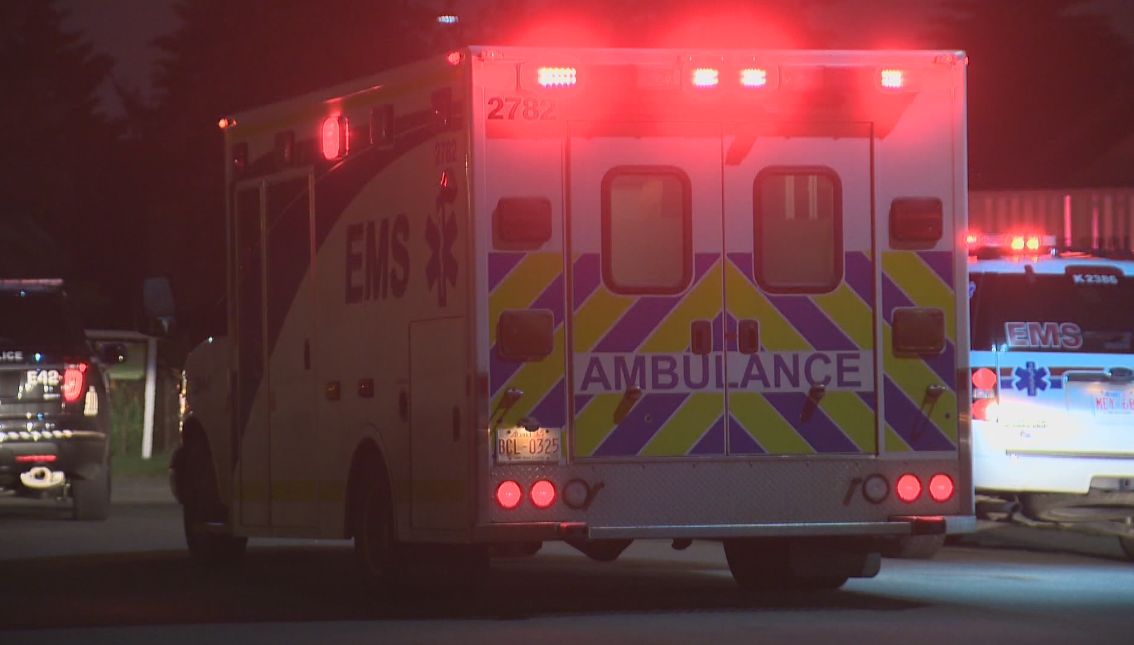When you’re rushing to the emergency room, you may not have time to consider which hospital is your safest bet. But a new study is suggesting that it’s the busiest emergency departments that give patients the best chance of surviving – especially if you’re heading there to treat a life-threatening condition.

Research published this year has touched on the deathly hazards of heading to the hospital on the weekend or overnight compared to weekdays and business hours. Now, new findings suggest that busy ERs tend to turn out better survival rates.
“It’s too early to say that based on these results, patients and first responders should change their decision about which hospital to choose in an emergency,” lead author Dr. Keith Kocher said.
“But the bottom line is that emergency departments and hospitals perform differently, there really are differences in care and they matter,” Kocher said.
READ MORE: Surviving a heart attack may depend on time of day, study warns
For the analysis, researchers at the University of Michigan scoured national U.S. data on 17.5 million emergency treatments at nearly 3,000 hospitals. What the researchers zeroed in on was survival rates.
After some number-crunching, the doctors say that patients admitted to hospital had a 10 per cent lower chance of dying in hospital if they’re initially sent to the busiest American facilities compared to the least busy.
- Roll Up To Win? Tim Hortons says $55K boat win email was ‘human error’
- Ontario premier calls cost of gas ‘absolutely disgusting,’ raises price-gouging concerns
- Bird flu risk to humans an ‘enormous concern,’ WHO says. Here’s what to know
- Election interference worse than government admits, rights coalition says
In fatal, time-sensitive situations, the rates were even higher: those with sepsis – an infection spread through the bloodstream – had a 26 per cent lower death rate in hectic ERs. Lung failure patients had a 22 per cent lower death rate. The study suggests this disparity even exists for heart attack and other conditions.
“If all emergency patients received the kind of care that the busiest emergency centres give, 24,000 fewer people would die each year,” the authors say in a university press release.
READ MORE: Do heart attack survivors change their unhealthy ways? Study suggests they don’t
Pneumonia, heart failure, stroke, gastrointestinal bleeding and other high-risk conditions were studied. They each come with a death risk of at least three per cent, and they’re among the Top 25 reasons why patients are admitted to the ER, the study notes.
The researchers say that a “practice makes perfect” pattern may be catching on. When doctors have a higher volume of patients, their outcomes tend to be better.
Recommendations had urged health care providers to make sure certain operations only go to the surgeons and hospitals that handle the highest-volume of that specific procedure. In emergency settings, though, that isn’t easy to coordinate.
Other factors are at play, too: the availability of specialists on hand, the skill and staffing levels or emergency teams, tools available at the hospital and patients’ health and background.
“What makes one hospital better than another is still a black box, and emergency medicine is still in its infancy in terms of figuring that out,” Kocher said.
READ MORE: Weekend hospital admission carries higher risk of death than weekdays, report suggests
Canadian, U.S. and European data released in January touched on the same issues: if you’re rushed to the ER with a heart attack in these regions, the death rates tend to be higher and the treatment takes longer.
But it wasn’t the severity of the heart attacks, it’s access to hospital care. In this case, the researchers conceded that hospitals have less staff and fewer resources at night.
Last month, Canadian Institute for Health Information data suggested that Canadians have a higher risk of dying if they were admitted to hospital on a weekend for emergency medical or surgical care compared to weekday admissions.
Kocher’s full findings were published Thursday and are slated to appear in the Annals of Emergency Medicine.
carmen.chai@globalnews.ca
Follow @Carmen_Chai




Comments